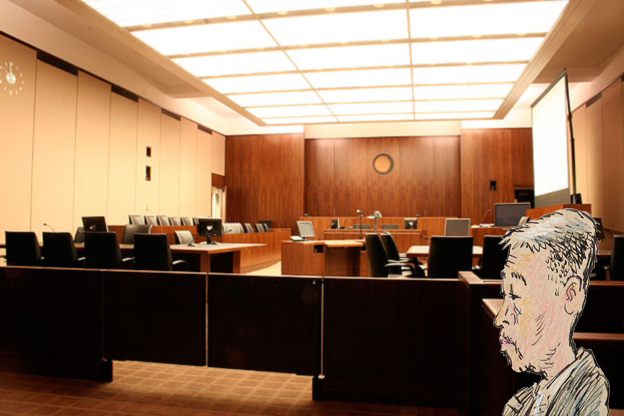

Counsel, you didn’t plead a cognizable claim II
When we last left Erick Kaardal, federal judge Donovan Frank was explaining to Erick that he’d hadn’t teed up a ball for the judge to hit, even if he had wanted to. In his opinion, the judge explained to counsel for the Minnesota Voters Alliance (a genuinely Orwellian name, by the way) that it had not pleaded a claim on which relief could be granted, even assuming that everything in the complaint was true. You will recall that the Voters Alliance brought the suit to strike same day registration from the Minnesota voting system.
The Voters Alliance did not plead a statutory claim of denial of individual civil rights; its argument can be summarized this way:
There are a lot of voters in Minnesota who register at the polls (called “election day registrants,” or “EDRs”). Their registrations cannot be verified prior to their casting of a ballot. Some of them might not be eligible to vote. If someone is not eligible to vote, and s/he votes the opposite way we do, it dilutes our vote, and it violates plaintiffs’ constitutional rights.
To which the judge replied: Sometimes it isn’t about you. This was undoubtedly a surprise to the Voters Alliance types.
There is perhaps a reason that counsel for the Voters Alliance didn’t plead the private cause of action civil rights statute, because he recognized that it wasn’t really his clients’ civil rights that were at stake; that’s what the judge found. Here’s why:
As the Eighth Circuit has previously held, there is no constitutional basis for a federal court to oversee the administrative details of a state election “in the absence of aggravating factors such as denying the right of citizens to vote for reasons of race, or fraudulent interference with a free election by stuffing of the ballot box, or other unlawful conduct which interferes with the individual’s right to vote,”or other constitutionally protected right. Pettengill v. Putnam County R-1 Sch. Dist., Unionville, Mo., 472 F.2d 121, 122 (8th Cir. 1973) (citations omitted)
As Judge Frank observed, there was no allegation of either discrimination or fraudulent interference made in the Voters Alliance suit. He also wrote that the plaintiff’s action was based on the “erroneous premise that election officials must verify voters’ eligibility before their votes are counted.” States have broad discretion to decided how to run their elections, including voter eligibility, again, in the absence of some invidious discrimination or fraudulent interference with a free election.
There is mild irony in the fact that the people usually taking the states’ rights side are agin’ ’em here, arguing for massive federal insinuation into Minnesota’s election law. At its core, the case is about the effort of a few individuals seeking not to vindicate their own franchise, but to deny it to thousands of other people.
Thanks for your feedback. If we like what you have to say, it may appear in a future post of reader reactions.

